Benjamin Mako Hill
description: a free software activist and contributor to the Debian project
13 results
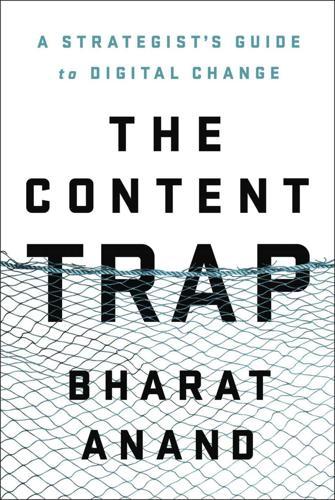
The Content Trap: A Strategist's Guide to Digital Change
by Bharat Anand · 17 Oct 2016 · 554pp · 149,489 words
in the world. “There’ve been over 6,000 papers written about it,” noted software-developer-turned-social-scientist (and now University of Washington professor) Benjamin Mako Hill, whose own Ph.D. dissertation added to the list. Yet, when he embarked on his study of its success, Mako Hill noticed something interesting: Wikipedia
…
Berry, Caitlyn Chen, Ben Colayco, Scott Cook, Larry Culp, Anil Dash, Markus Dohle, Pieter du Toit, Clark Gilbert, Espen Egil Hansen, Karim Lakhani, Anne Messitte, Benjamin Mako Hill, Phil Kent, Madeline McIntosh, Jon Miller, Craig Moffett, Ajit Mohan, Sverre Munck, Barry Nalebuff, Raju Narisetti, Martin Nisenholtz, Felix Oberholzer-Gee, Torry Pedersen, David Perpich
…
to Anil Dash for an interview in December 2013. All quotes in this section from Dash are from this interview. Mako Hill noticed something interesting Benjamin Mako Hill, “Almost Wikipedia: What Eight Early Online Collaborative Encyclopedia Projects Reveal About the Mechanisms of Collective Action,” in Essays on Volunteer Mobilization in Peer Production (Ph
…
.D. diss. Massachusetts Institute of Technology, 2013). I am grateful to Benjamin Mako Hill for an interview in January 2014. All quotes in this section from Mako Hill are from this interview. The norms on Wikipedia I am grateful
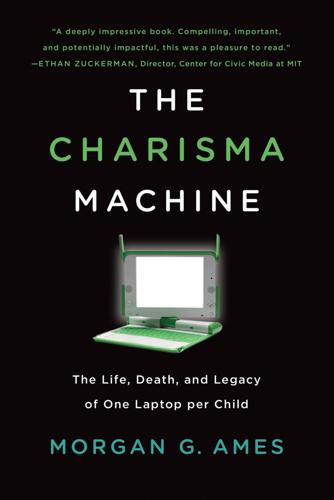
The Charisma Machine: The Life, Death, and Legacy of One Laptop Per Child
by Morgan G. Ames · 19 Nov 2019 · 426pp · 117,775 words
of programming computers as a mode of masculine rebellion—whether against school, peers, or societal norms—was also common among OLPC’s developers. For instance, Benjamin “Mako” Hill, a longtime advisor to OLPC with a PhD from the MIT Media Lab, has described with great candor his educational journey through an attention deficit
…
and beyond. With the XO, Papert’s ideas for a constructionism-based “children’s machine,” which he first articulated in the 1960s, were finally realized. Benjamin “Mako” Hill, who was then an advisor to OLPC and a board member at the Free Software Foundation during his graduate work at MIT, articulated the connections
…
Technologists and Lost Its Edge in Computing. Cambridge, MA: MIT Press, 2017. Hill, Benjamin Mako. “The Geek Shall Inherit the Earth: My Story of Unlearning.” Benjamin Mako Hill (personal website), November 18, 2002. Last modified March 15, 2013. https://mako.cc/writing/unlearningstory/StoryOfUnlearing.html. ———. “Laptop Liberation.” Copyrighteous (blog), April 29, 2008. http
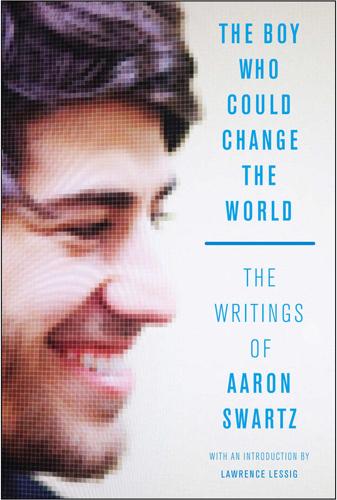
The Boy Who Could Change the World: The Writings of Aaron Swartz
by Aaron Swartz and Lawrence Lessig · 5 Jan 2016 · 377pp · 110,427 words
, 1986-2013. The boy who could change the world : the writings of Aaron Swartz / Aaron Swartz ; with an introduction by Lawrence Lessig ; part introductions by Benjamin Mako Hill, Seth Schoen, David Auerbach, David Segal, Cory Doctorow, James Grimmelmann, and Astra Taylor ; postscript by Henry Farrell. pages cm Includes bibliographical references and index. ISBN
…
book was set in Aries and Gill Sans Printed in the United States of America 10987654321 CONTENTS Introduction by Lawrence Lessig Free Culture Introduction by Benjamin Mako Hill and Seth Schoen Counterpoint: Downloading Isn’t Stealing UTI Interview with Aaron Swartz Jefferson: Nature Wants to Be Free Guerilla Open Access Manifesto The Fruits
…
to believe that their personal engagement in activism for information freedom is urgently needed and that they can become the “hero of their own story.” —Benjamin Mako Hill and Seth Schoen Counterpoint: Downloading Isn’t Stealing http://www.aaronsw.com/weblog/001112 January 8, 2004 Age 17 The New York Times Upfront asked
…
’s role in the manifesto’s creation—and whether it reflected his later views—was a contentious issue in the course of the legal proceedings. —Benjamin Mako Hill and Seth Schoen Information is power. But like all power, there are those who want to keep it for themselves. The world’s entire scientific
…
University and a professor of law at the Harvard Law School. He was a founding board member of Creative Commons. He lives in Cambridge, Massachusetts. Benjamin Mako Hill is an assistant professor in the Department of Communication at the University of Washington and a faculty affiliate at the Berkman Center for Internet and
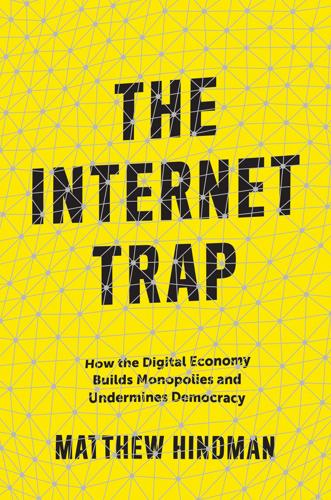
The Internet Trap: How the Digital Economy Builds Monopolies and Undermines Democracy
by Matthew Hindman · 24 Sep 2018
blogs have both been invoked repeatedly as successful examples of distributed content creation. 170 • Chapter 8 Yet as work by Yochai Benkler, Aaron Shaw, and Benjamin Mako Hill has noted, the question is not whether peer production is possible, but instead under what conditions is peer production likely to succeed?18 Again and
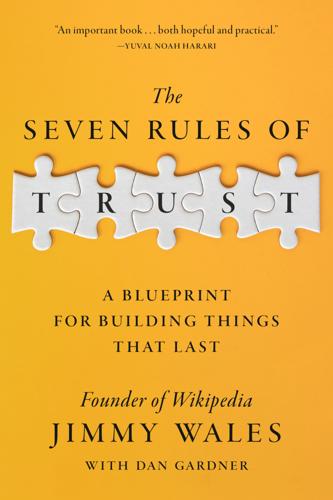
The Seven Rules of Trust: A Blueprint for Building Things That Last
by Jimmy Wales · 28 Oct 2025 · 216pp · 60,419 words
the beginning, is getting lots of people in the door and getting them working together, and both of those are relatively hard to do,” said Benjamin Mako Hill, a professor at the University of Washington who studies online communities and projects. But if you say that the goal is to create “a thing
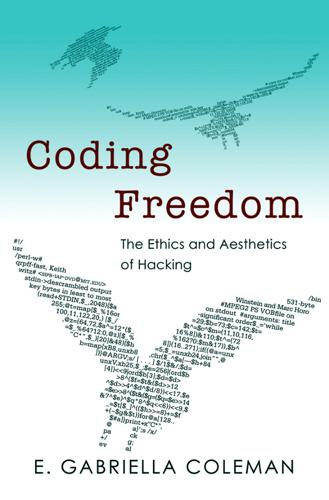
Coding Freedom: The Ethics and Aesthetics of Hacking
by E. Gabriella Coleman · 25 Nov 2012 · 398pp · 107,788 words
more in future times. Though there are many developers who have taken the time to share their thoughts about Debian and other F/OSS projects, Benjamin “mako” Hill, in particular, has been a close friend and collaborator. I wish him well as he embarks on his own academic career and look forward to
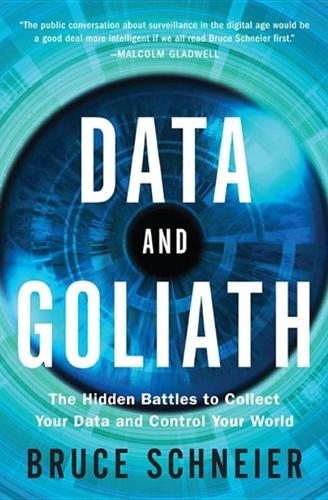
Data and Goliath: The Hidden Battles to Collect Your Data and Control Your World
by Bruce Schneier · 2 Mar 2015 · 598pp · 134,339 words
use various blockers: Jonathan Mayer (17 Feb 2012), “Safari trackers,” Web Policy, http://webpolicy.org/2012/02/17/safari-trackers. Google has about a third: Benjamin Mako Hill (11 May 2014), “Google has most of my email because it has all of yours,” Copyrighteous, http://mako.cc/copyrighteous/google-has-most-of-my
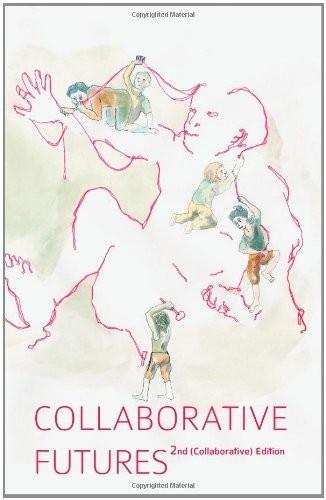
Collaborative Futures
by Mike Linksvayer, Michael Mandiberg and Mushon Zer-Aviv · 24 Aug 2010 · 188pp · 9,226 words
produced many fantastic manuals in 2-5 day Book Sprints. The quality of these books is exceptional, for example Free So ware Foundation Board Member Benjamin Mako Hill said of the 280 page Introduction to the Command Line manual (produced in a two day Book Sprint): “I have wri en basic introductions to
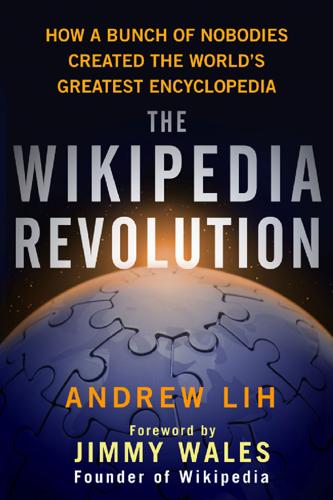
The Wikipedia Revolution: How a Bunch of Nobodies Created the World's Greatest Encyclopedia
by Andrew Lih · 5 Jul 2010 · 398pp · 86,023 words
, Angela Beesley, and Michael Snow for discussions and insights. Smart folks who provided insight on the community and wikis included Re-becca MacKinnon, Ethan Zuckerman, Benjamin Mako Hill, Sunir Shah, Mitch Kapor, Jason Calacanis, Ross Mayfield, and Joseph Reagle. Conversations with non-Wikipedia-related people Lokman Tsui, Sasa Vucinic, Paul Denlinger, and Kaiser
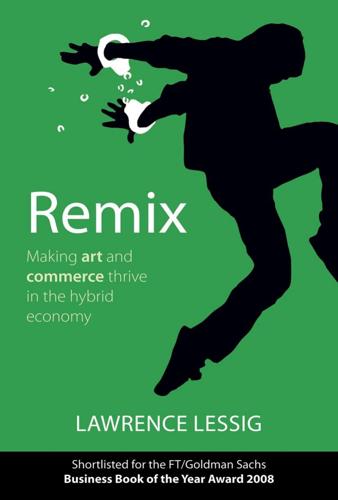
Remix: Making Art and Commerce Thrive in the Hybrid Economy
by Lawrence Lessig · 2 Jan 2009
that research should first be presented by her. Count me among those to acknowledge it as profoundly important to an understanding of this next generation. Benjamin Mako Hill and Erik Möller spent a great deal of time outlining a rich and sophisticated understanding of “free culture.” But that work complemented and corrected much
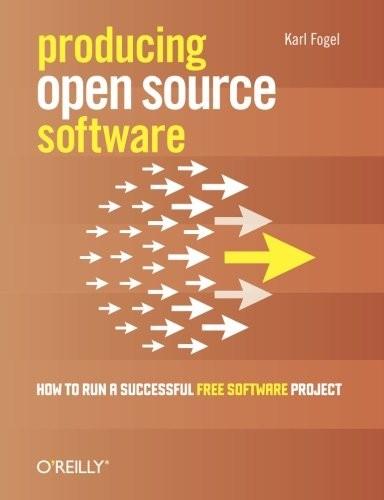
Producing Open Source Software: How to Run a Successful Free Software Project
by Karl Fogel · 13 Oct 2005
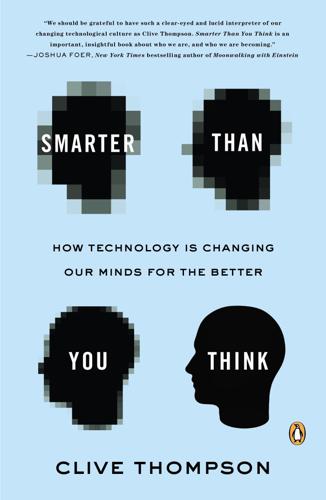
Smarter Than You Think: How Technology Is Changing Our Minds for the Better
by Clive Thompson · 11 Sep 2013 · 397pp · 110,130 words
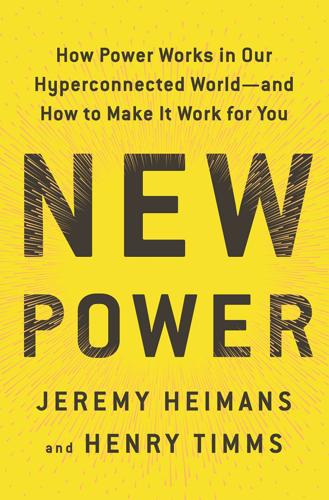
New Power: How Power Works in Our Hyperconnected World--And How to Make It Work for You
by Jeremy Heimans and Henry Timms · 2 Apr 2018 · 416pp · 100,130 words